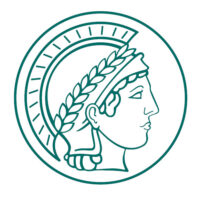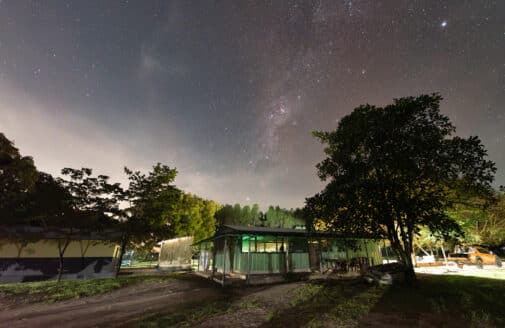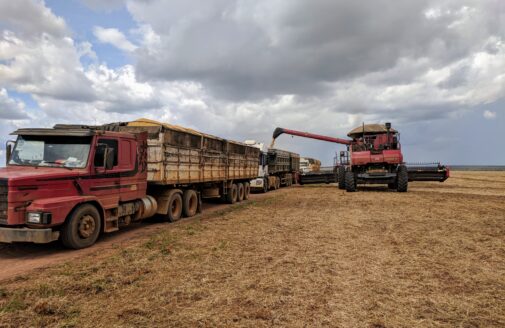photo by Chris Linder.
- Ludmila Rattis Assistant Scientist, Tanguro Field Station General Coordinator
- Michael T. Coe Tropics Program Director, Senior Scientist
- Linda A. Deegan Senior Scientist
- Christopher Neill Senior Scientist
- Marcia N. Macedo Water Program Director, Senior Scientist
- Glenn K. Bush Associate Scientist
- Manoela Machado Research Scientist
- Kathleen Savage Senior Research Scientist
- Zoë Dietrich Research Assistant
- Abra Atwood Postdoctoral Researcher
- Matthew Jacques Research Assistant
- Paulo Brando Associate Professor of Ecosystem Carbon Capture, Yale School of the Environment
- Susan Trumbore Max Planck Institute for Biogeochemistry
- Lucas Paolucci Universidade Federal de Viçosa
- Patrícia Medici Coordinator, Lowland Tapir Conservation Initiative
- Leonardo Maracahipes dos Santos IPAM; Yale University; UNICAMP
- Filipe de Arruda IPAM
- Vanessa Ribeiro Universidade Federal de Viçosa
- André Andrade IPAM
- Kathi Jo Jankowski Research Ecologist, USGS
To sustain the world’s growing population, we need both farms and forests. Tanguro provides a window into this critical balancing act.
Located in Mato Grosso, Brazil, Tanguro is a field research station on a working agricultural farm at the Amazonian agricultural frontier, which has experienced some of the highest rates of deforestation and fire in past decades. It is a varied landscape with over 40 thousand hectares of croplands producing soybeans, cotton, maize, and beans, and an equal area of standing native forest—making it a model for research on the complex interplay between forests, agriculture, biodiversity, and climate.
For twenty years, Tanguro has served as a research and education hub for Woodwell Climate Research Center and Instituto de Pesquisa Ambiental da Amazônia (IPAM Amazônia, Amazon Environmental Research Institute), as well as others. Research at Tanguro has generated more than 180 scientific publications in 20 years, and the field station’s facilities and staff have supported over 215 students from around the world in developing their Ph.D. dissertations or master’s theses, completing short research internships or field courses, or learning how to better communicate science to the general public.
Tanguro lies in the southern Amazon, the driest portion of the Amazon Basin, and harbors a transitional forest between Amazon forests and Cerrado/savannas. It was originally deforested and converted to cattle pasture in the mid-1980s. Conversion to croplands began in the early 2000s and was completed by 2008. Starting in 2010, it underwent a rapid shift from soybean single-cropping to soybean-corn double-cropping in a single season. In 2020 there was another rapid shift, with more than half of the farm devoted to cotton.
The topography, soils, hydrology, climate, and farming practices at Tanguro are typical of the southern and eastern Amazonian agricultural frontier. Because of those conditions, and particularly a long dry season, the agriculture and natural vegetation are very sensitive to even modest changes in fire occurrence, climate, and their interactions.
Woodwell Climate’s work at Tanguro Field Station is supported by the National Science Foundation, the National Aeronautics and Space Administration, Bayer, Max Planck Institute, São Paulo Research Foundation, Yale University, and Woodwell Climate’s Fund for Climate Solutions.
Research area











